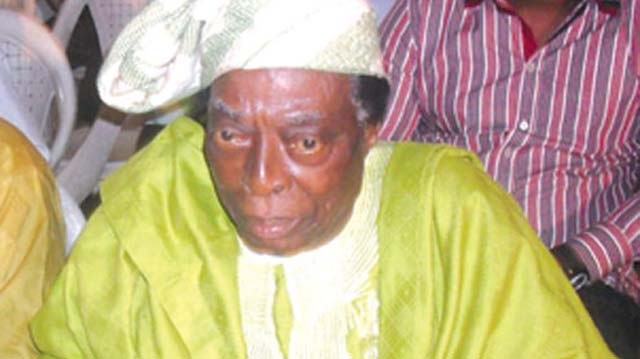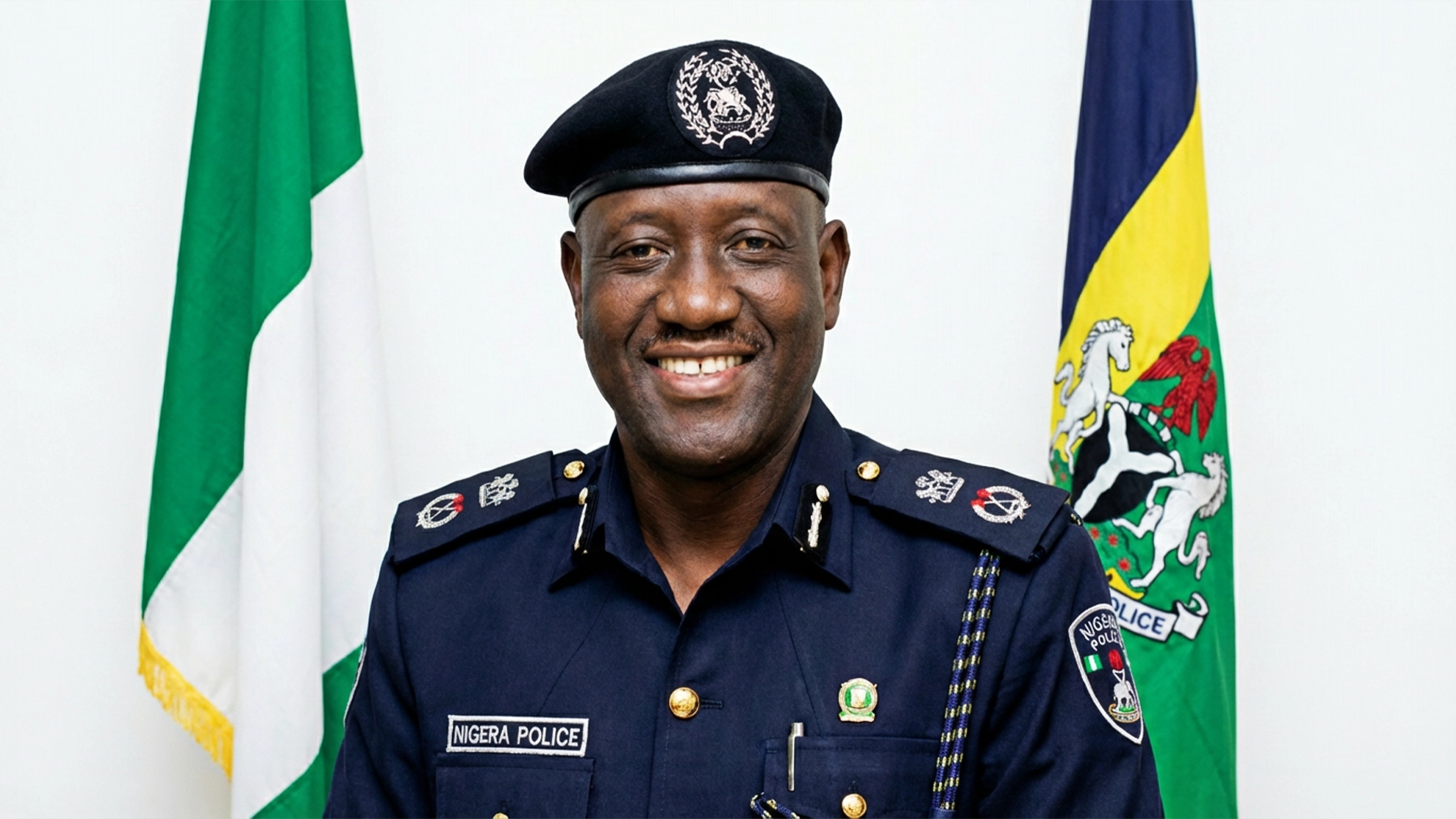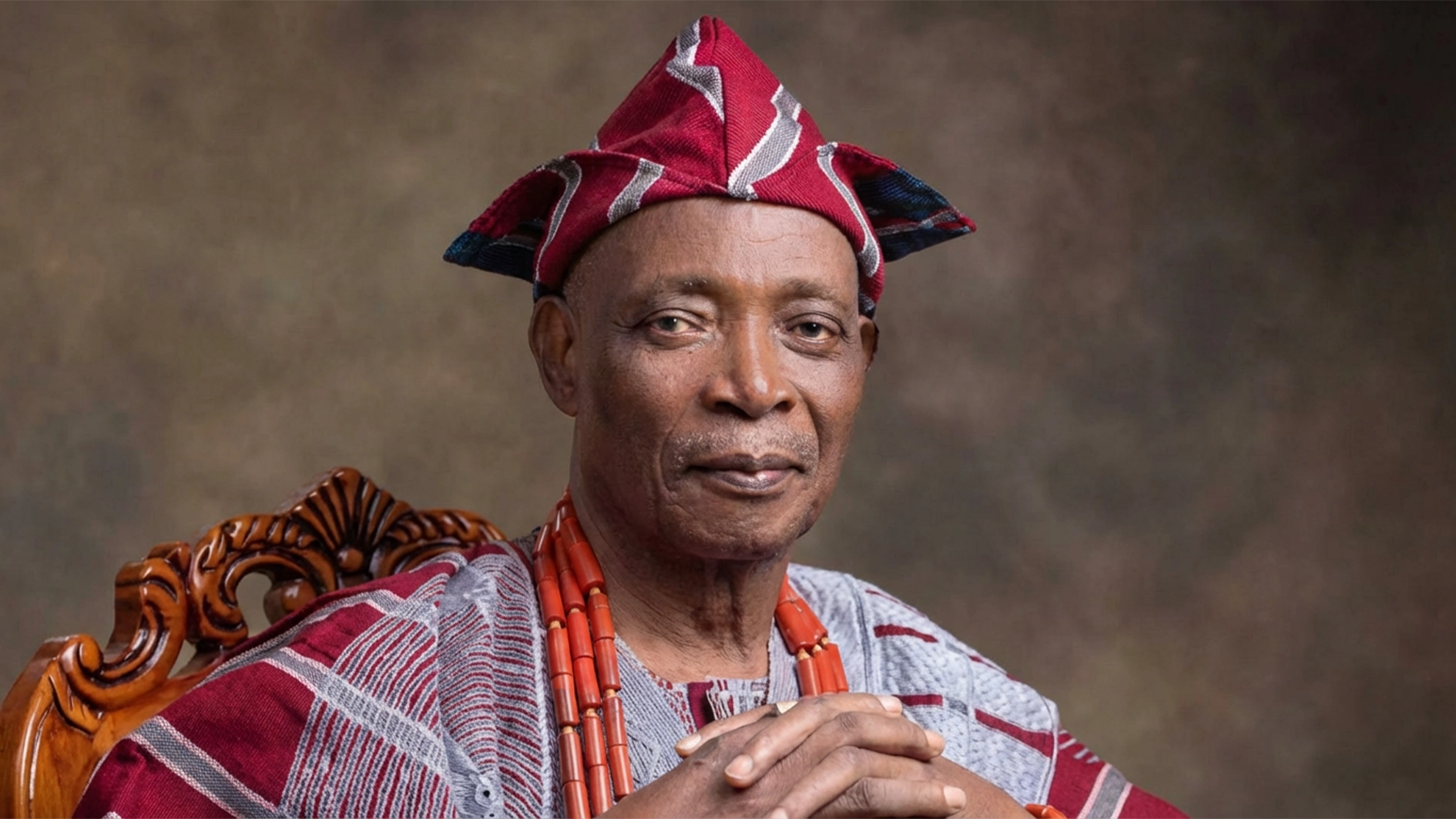
Osofisan, others mourn
A veteran actor, broadcaster and poet, Chief Adebayo Faleti, is dead. He died yesterday at the University College Hospital (UCH), Ibadan, aged 86 years. Adebayo was one of the pioneer members of staff of the first television station in Africa, Western Nigeria Television (WNTV), as a broadcaster in Yoruba language.
He translated Nigeria’s National Anthem from English to Yoruba and published a dictionary containing the formal or official use of Yoruba names. His son, Adeniyi, who confirmed Faleti’s death, said that his remains had been taken to anatomy section of the UCH.
He said: “After the morning devotion, I helped him to the bathroom as I normally do. He said he wanted God to send someone else to come and complete his work because he had done all he could do. He also said that he wanted to go home. Suddenly, I noticed that he was not breathing again. We took him to the UCH, Ibadan, where he was confirmed dead. We shall miss him greatly.”
His first son, Ayoola, said he spoke with his father three days ago and that he was on his way home when he was told that Faleti had passed on.Besides, one of the deceased wives, Moteniola, who said she married him in the 50s, described him as a loving husband who was always concerned about the welfare of the family.
Another wife, Olubunmi, could not speak to pressmen as she continued sobbing uncontrollably.But another son of the actor, Gbemi, said that the family would remain grateful to God for granting their father a good life.Meanwhile, Nigeria’s culture community has mourned the passing away of Faleti since the news broke yesterday.
Deputy Director, University Media Centre, University of Ibadan, Mr. Ropo Ewenla, who spoke with The Guardian yesterday from Faleti’s residence in Ibadan, noted that the mood at his residence was “one of acceptance of the ultimate will of God. A few tears here and there, but the mood is not one of utter sadness. He was prepared for his passing. At the last event we did in his honour, he could not attend, but he had a live video streaming from his house where he announced that it would be his last outing. He was well prepared for his exit.”
Also, professor of Theatre Arts, Femi Osofisan, described Faleti’s passing away as ‘the loss of a huge treasure’ and lamented that it would be difficult to find his replacement.
In a telephone conversation, he said: “It’s a sad loss of a big treasure of Yoruba culture. He lived a long and fulfilled life. Sadly, we don’t know who is going to replace him.”
A journalist and performance of Yoruba oral poetry, who Faleti inspired, Akeem Lasisi, noted: “It’s a huge loss to culture and entertainment industry in Nigeria. I believe that he represented the best, the deepest in cultural performance. He was one of those we can call natural actors in terms of the way he interpreted roles and added value in some of the plays and films he participated.”
An award-winning poet and lawyer, Tade Ipadeola, also noted: “Alagba Adébáyò Fálétí was a major poet and a lord of the Yorùbá language. Through his many interventions on the page, on stage and on the screen, he has left many landmarks.”and benchmarks that show that Yorùbá is a language of beauty as well as a veritable vehicle of thought.“He had a mastery of the English language, but one could always tell that his thinking was done in his mother tongue.”






